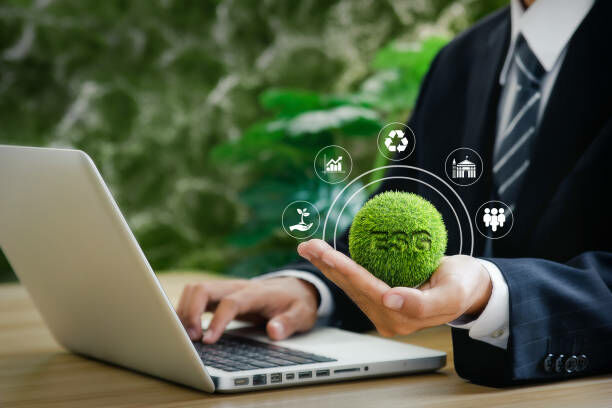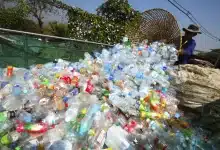Thailand’s green utility tariff implementation faces SME hurdles

The Energy Regulatory Commission (ERC) of Thailand has estimated a two-year time frame for full implementation of the recently launched green utility tariff (GUT). This tariff, aimed at regulating renewable power prices, is a significant leap towards the global pushback on carbon-intensive manufacturing. However, businesses, particularly small and medium-sized enterprises, and some state entities have expressed unpreparedness to adopt the GUT.
A public hearing on the GUT revealed that while larger corporations recognise its importance, they are not entirely prepared for its implementation. This information was disclosed by the ERC secretary-general, Khomgrich Tantravanich, who was referencing findings from the public consultation involving over 4,000 participants, reported Bangkok Post.
Conversely, businesses in the information technology and big data management sectors have welcomed the GUT. Shopping mall operators have also shown interest, acknowledging that clean energy usage is essential for brand building.
In January, the ERC introduced the new tariff, divided into GUT 1 and GUT 2, to businesses, including power plant operators. GUT 1 applies to existing renewable power generating facilities, including six hydropower plants operated by the Electricity Generating Authority of Thailand (EGAT). On the other hand, GUT 2 applies to new clean power developers utilising various types of renewable energy.
The current power tariff stands at 4.18 baht per kilowatt-hour (unit), with GUT 1 rates slightly higher. Meanwhile, GUT 2 rates are projected to fall within the range of 4.55-4.56 baht per unit.
In comparison, other Southeast Asian countries have different rates for renewable power tariffs. For instance, Indonesia’s rates range from 3.4-4.5 baht per unit, while Malaysia’s rates stand between 4.5-4.9 baht per unit.
With the increasing demand for renewable power, authorities in Thailand are pressed to clarify the GUT rates. This is particularly pertinent as manufacturers exporting certain products to the European Union are required to make their operations more environmentally friendly. This follows the EU’s enforcement of the Carbon Border Adjustment Mechanism (CBAM) on October 1, 2023.
The CBAM’s transitional phase mandates importers of iron and steel, aluminium, cement, fertilisers, electricity, and hydrogen to report the greenhouse gas emissions embedded in their imports without needing to make financial payments or adjustments.
In related news, Thailand’s PTT Global Chemical Plc expanded its recycling efforts to include opaque plastic containers, part of its eco-friendly campaign targeting youth and consumer manufacturers.
Latest Thailand News
Follow The Thaiger on Google News:


























